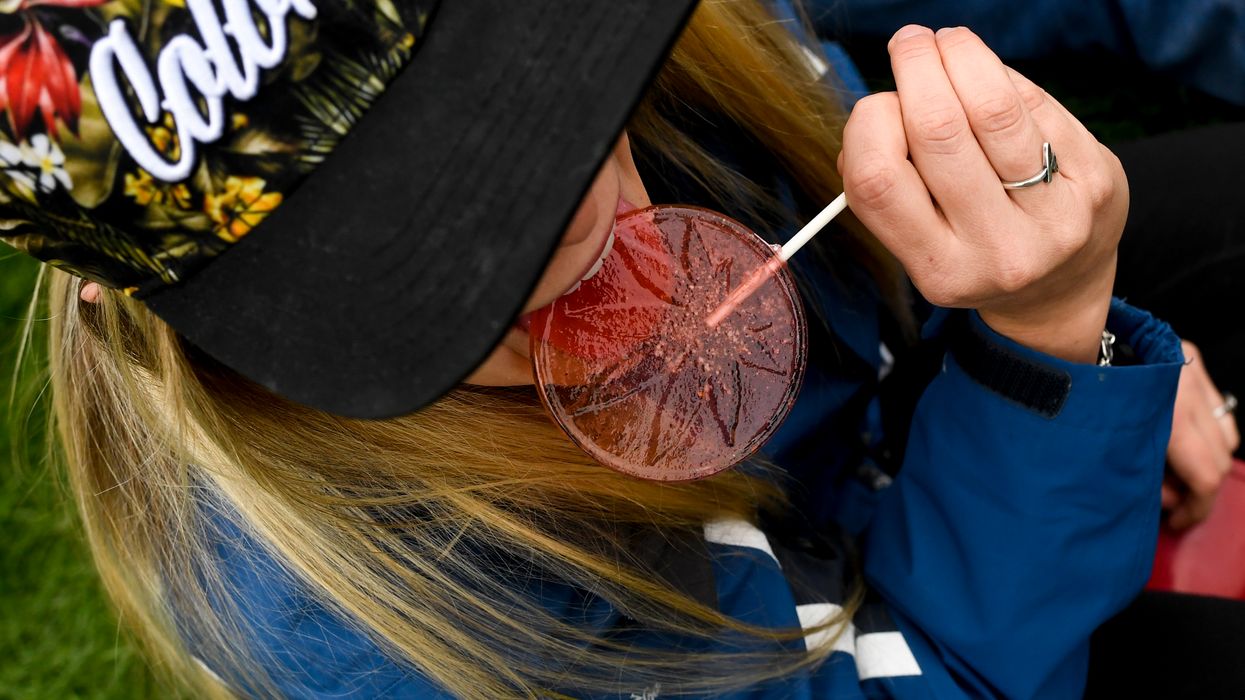
Aaron Ontiveroz/The Denver Post via Getty Images

'Lawmakers rushing to legalize marijuana need to slow down and consider the implications'
Marijuana-related emergency room visits tripled in Colorado since the legalization of cannabis in 2012, according to a study published Monday in the Annals of Internal Medicine.
Researchers at UCHealth University of Colorado Hospital reviewed the records of nearly 10,000 patients who had pot-related visits at the hospital between 2012 to 2016. They found a three-fold increase in cannabis-associated emergency department visits during that period.
"Lawmakers rushing to legalize marijuana need to slow down and consider the implications it could bring upon their state," Dr. Kevin Sabet, founder of Smart Approaches to Marijuana, said in an email to TheBlaze. "They are certainly not receiving information such as this from the pot industry's army of lobbyists."
Pot smokers visited the emergency room more often, but edibles accounted for a higher number of cardiovascular and psychiatric symptoms, the study showed. Edibles are food products containing tetrahydrocannabinol, more commonly known as THC. It is the psychoactive ingredient in cannabis.
Dr. Andrew A. Monte, the study's lead author, told CNN that he and his colleagues had noticed an uptick in such cases, which prompted the group's research.
"We observed a higher number of visits attributable to edibles than expected, and there was no data to determine if this was indeed true," he said.
Monte is an emergency medicine physician and medical toxicologist and pharmacologist at UCHealth University of Colorado Hospital.
Between 2014 to 2016, edible cannabis made up 0.32 percent of all marijuana sales, according to the report.
But the analysis showed that 10.7 percent of the 9,973 ER visits were attributable to edible products over the same period.
"About 10 percent of cannabis-related ED visits were associated with edible forms of weeds, but only 0.32 percent of total cannabis sales were for edible products. That's 33 times higher than what we expected," Monte told NBC News.
"Acute psychiatric visits like acute panic attacks, acute psychosis, and acute-onset of chronic conditions such as acute exacerbations of schizophrenia were also much more commonly associated with cannabis edibles," he added.
It can take 2 to 3 hours for users to feel the effects of edible marijuana versus inhaled pot.
Monte believes the slower effect could lead "some users to over consume edible cannabis products, resulting in adverse effects."
He urged users to be cautious when using cannabis products.
"Ultimately, we urge consumers to use cannabis in moderation, use low doses if unfamiliar with a product, and avoid riskier behaviors such as driving after using cannabis," Monte told NBC News.
"Those who use edibles should use a much lower dose and should not re-dose until at least four hours later," he added.
In 2015. a man committed suicide after consuming edibles, the study noted.
"There have been several high-profile deaths due to cannabis edibles but no documented death attributable to inhaled cannabis," Monte said, according to CNN.
The study noted it was observational only, which means it doesn't prove that marijuana edibles were the exact cause of the psychiatric, cardiovascular or other illnesses in the patients.
The study was also based on patient records at one hospital using self-reported data.
Another recent study showed a link between the daily use of high-potency marijuana and the incidence of psychotic disorders.
Researchers at King's College in London found that marijuana users who smoked daily were three times more likely to be diagnosed with a psychotic disorder than those who never used the drug.
The risk increased to nearly five times more likely in those who smoked high-potency marijuana on a daily basis.